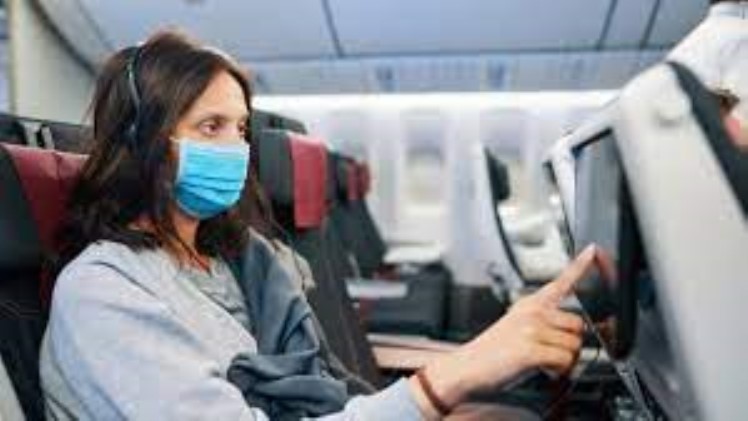Travel medicine practitioners often constitute the first point of medical contact for ill returning travellers, and nonspecific symptoms such as fever and cough are common in them. In the pre-SARS era from January 1997 to December 2002, an estimated 5% of ill travellers worldwide who sought post-travel care from one of the 25 worldwide GeoSentinel travel clinics had pneumonia (International Society of Tropical Medicine, unpublished data, 2003).
These data emphasize two things: first, it is a diagnostic challenge for clinicians trying to diagnose SARS on a background of multiple other causes of common upper respiratory infections; second, travellers are susceptible to infectious respiratory pathogens (Wilder-Smith & Freedman, 2003).
Visit This Site: filmygod
This facilitates not only the spread of SARS, but also the spread of influenza and novel respiratory pathogens yet to emerge.
Read More About: f95zone
Individual clinicians must be vigilant in detecting suspicious circumstances and reporting to appropriate authorities, especially as the heightened awareness of SARS begins to wane. Outlook The international spread of disease underscores the need for strong global public health systems, excellent international reporting mechanisms, robust health service infrastructures and expertise that can be mobilized quickly across national boundaries to mirror disease movements. The International Health Regulations (IHR) have not been revised since 1977 (http://www.who.int/csr/ihr/en/). SARS gave a new sense of urgency to the revision,
Read more about: AnimeFlix

